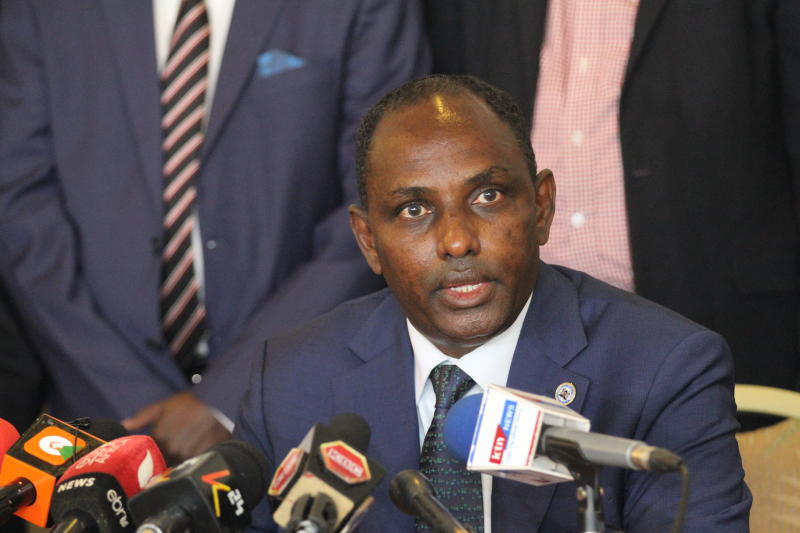×
The Standard e-Paper
Stay Informed, Even Offline

Kenya could hit the Sh9 trillion by the end of next year if the current pace of borrowing is left unchecked. Auditor General Nancy Gathugu yesterday told the Senate Committee on Finance and Budget that public debt is progressively increasing and approaching the approved Sh9 trillion ceiling.